If there's no relationship with a father who's absent, nobody talks about it
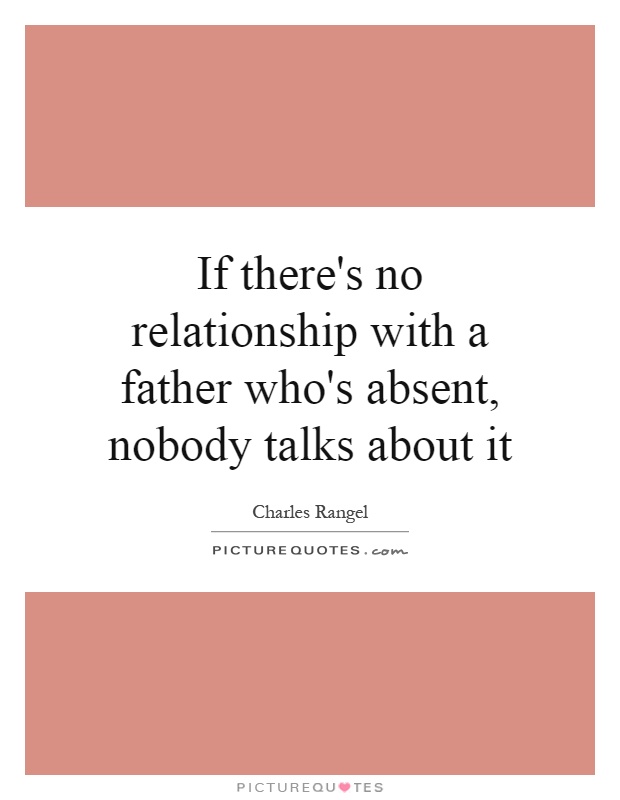
If there's no relationship with a father who's absent, nobody talks about it
Charles Rangel, a prominent American politician who served as a U.S. Representative for New York for over four decades, has spoken openly about his own experiences with an absent father. Rangel's father left the family when he was just a young boy, and the absence of a paternal figure had a profound impact on his life. Rangel has often reflected on the challenges he faced growing up without a father, and how it shaped his views on family, relationships, and society as a whole.Rangel has been vocal about the fact that when there is no relationship with a father who is absent, it is often a taboo subject that is not openly discussed. In many communities, the absence of a father figure is seen as a source of shame or embarrassment, and individuals may feel isolated or stigmatized because of it. Rangel has emphasized the importance of breaking the silence surrounding absent fathers and the impact it can have on individuals and families.
Rangel's own experiences have fueled his advocacy for policies and programs that support families and children, particularly those who are growing up without a father figure. He has been a strong proponent of initiatives that provide support and resources for single parents, as well as programs that promote fatherhood involvement and engagement. Rangel believes that by addressing the issue of absent fathers and providing support for families in need, we can help break the cycle of poverty, crime, and social inequality that often accompanies fatherlessness.
Rangel's personal story serves as a powerful reminder of the importance of acknowledging and addressing the impact of absent fathers on individuals and communities. By speaking openly about his own experiences, Rangel has helped to shine a light on a topic that is often overlooked or ignored. His advocacy and leadership have inspired others to speak out and take action to support families and children who are facing similar challenges. Ultimately, Rangel's message is clear: if we want to create a more just and equitable society, we must confront the issue of absent fathers and work towards building stronger, more supportive communities for all.
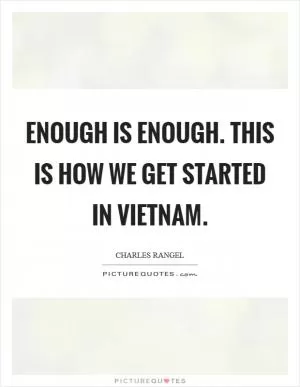
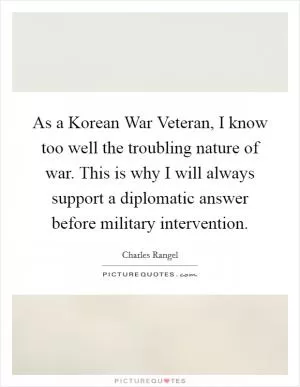

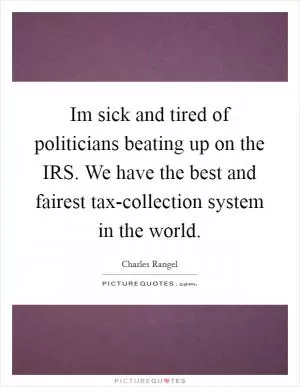
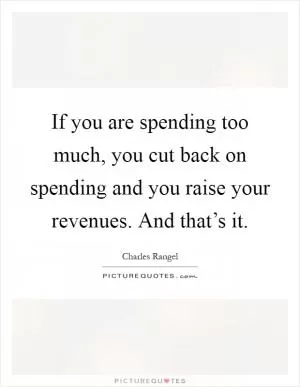

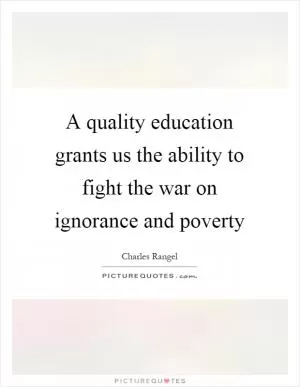
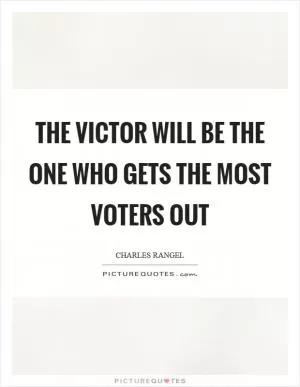



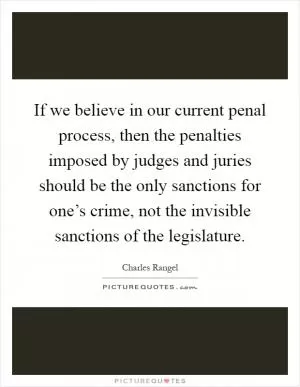
 Friendship Quotes
Friendship Quotes Love Quotes
Love Quotes Life Quotes
Life Quotes Funny Quotes
Funny Quotes Motivational Quotes
Motivational Quotes Inspirational Quotes
Inspirational Quotes